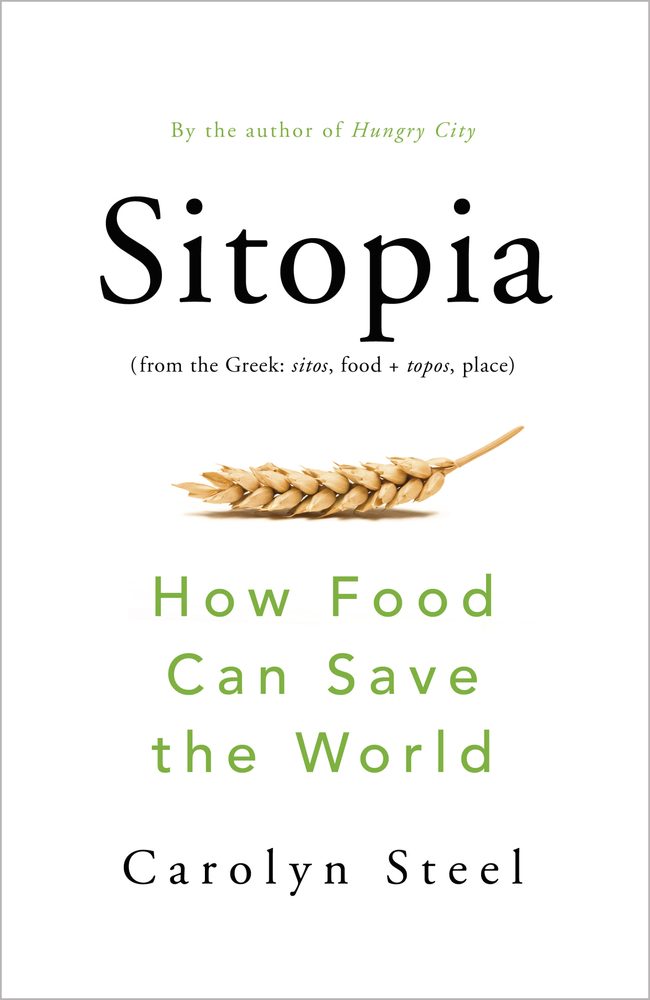kab reviewed Sitopia by Carolyn Steel
Sitopia
2 stars
DNF 8%
She invokves fucking Malthus in chapter 1, extending the idea that reproduction rates and the 'lack of infrastrucutre' are responsible for hunger and food waste in the Global South, deflecting blame from neo/colonialist capture, wealth extraction, and exploitation. She has some puzzle pieces with decent stats but misplaces them amidst her noodling with an onslaught of what dead white men have spouted.
'Having had the temerity to mention food, death and morality all in the same breath, Malthus is, perhaps inevitably, the figure around which the ‘feed the world’ debate tends to galvanise. By raising the issue of population, he ventured into territory that for many remains taboo even today. Yet to discuss how we should eat without addressing the question of population is at best limited and at worst meaningless, since the two problems are so obviously connected. Malthus may have been a doom-mongering pessimist, …
DNF 8%
She invokves fucking Malthus in chapter 1, extending the idea that reproduction rates and the 'lack of infrastrucutre' are responsible for hunger and food waste in the Global South, deflecting blame from neo/colonialist capture, wealth extraction, and exploitation. She has some puzzle pieces with decent stats but misplaces them amidst her noodling with an onslaught of what dead white men have spouted.
'Having had the temerity to mention food, death and morality all in the same breath, Malthus is, perhaps inevitably, the figure around which the ‘feed the world’ debate tends to galvanise. By raising the issue of population, he ventured into territory that for many remains taboo even today. Yet to discuss how we should eat without addressing the question of population is at best limited and at worst meaningless, since the two problems are so obviously connected. Malthus may have been a doom-mongering pessimist, but his theory is yet to be proven wrong. However responsibly we farm, fish, hunt or gather, our appetites continue to shape the planet and affect the life chances of us and our fellow earthlings.'
While previously in the chapter:
'Factory farming, by contrast, is almost comically inefficient. One third of the global grain harvest is now fed to animals, food which, if we ate it directly, could feed up to ten times as many people.
'To compound matters, we’re not great at managing the food that we do produce. According to the United Nations Food and Agriculture Organization (FAO), farmers worldwide currently provide the daily equivalent of 2,800 calories of food per person – more than enough to go round, given an ideal food system.'
'...if Western nations limited their food supplies to just 130 per cent of their nutritional needs and developing states could reduce post-harvest losses to levels similar to those in the developed world, one third of the global food supply could be saved, enough to feed the world’s hungry twenty-three times over.

